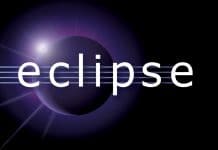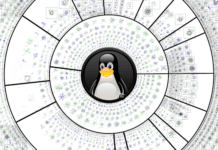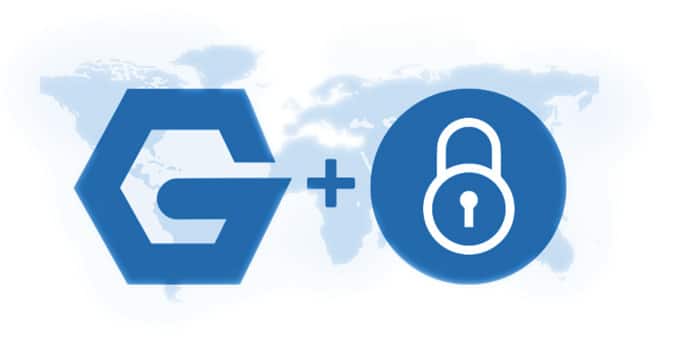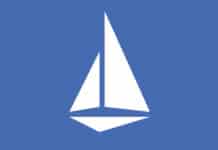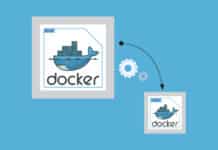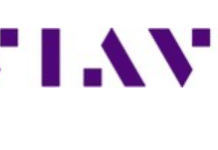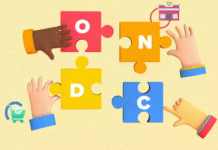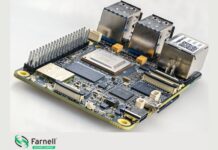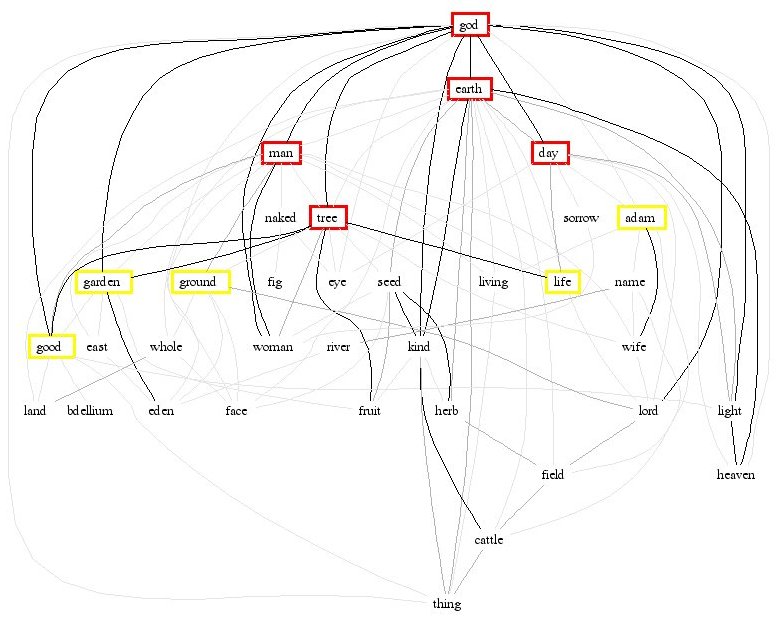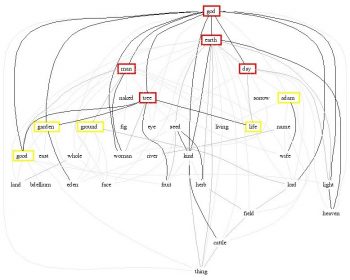
and meet user expectations?
The state of the semantic desktop in the GNOME desktop environment is still very fluid. Two projects seem to be the current favourites — Tracker and Zeitgeist. By default, Ubuntu has included Zeitgeist, while Fedora has included Tracker. The two projects are not competitors; each addresses a different set of concerns.
Zeitgeist
The Unity interface’s “Files and Folders” option relies on Zeitgeist — (zeit in German is time, and geist is ghost). My first experience of using Unity was very disturbing — it found nothing! Zeitgeist keeps track of various activities on files — provided the application you are using informs it. “Files and Folders” searches for files within your activities. Obviously, there are no activities after a fresh install, and so nothing is shown as “found” — even though the home directory may be full of files from the previous version of Ubuntu. Its utility increases over time.
In the GNOME environment, you will need to install gnome-activity-journal, which will also install Zeitgeist. After installation, you will find Activity Journal in the Accessories menu on Fedora 15. The application aborts at startup. Fedora’s Bugzilla had numerous entries for this problem — most likely via abrt — but no solution. You need to comment a few lines of code that cause the crash; this is to ensure that you have a recent version of Zeitgeist!
Activity Journal makes the significance of Zeitgeist pretty straight forward. It is very much like searching your browser history based on date, but with more options about the nature of files you may wish to search. The usefulness depends on applications making information available to Zeitgeist. It offers an option to know the websites visited. However, at present, if you’re using Firefox or Chrome, Zeitgeist does not know anything about the websites visited. If you open a file from a terminal, Zeitgeist will not know about it. However, opening it through Nautilus creates an activity entry in Zeitgeist.
There is a Full Text Search (FTS) extension in Zeitgeist, which uses Xapian. However, it indexes only the title sent to Zeitgeist by the application. To index the content, you will need to uncomment a line in Python code. I did not try it, as that is not what we would expect a user to do. There is another reason: Zeitgeist needs to coexist with projects like Tracker, rather than try to include their functionality within Zeitgeist. There are efforts to integrate Zeitgeist and Tracker on GNOME, and Zeitgeist and Nepomuk on KDE. The solution may lie in applications like gnome-activity-journal taking data from both Zeitgeist and Tracker, and displaying it in a suitable context.
Tracker
Tracker’s functionality is similar to that of Nepomuk, which we discussed last month. The home page of the project describes it as follows: “Tracker is a semantic data storage application for desktop and mobile devices. Tracker uses W3C standards for RDF ontologies using Nepomuk with SPARQL to query and update the data.”
Tracker will monitor and index content within the directories you select. It also allows you to add tags to files using Nautilus, if tracker-nautilus-plugin is installed. However, searching for files from within Nautilus does not integrate with Tracker. The GNOME search tool has an option to search for files based on content, but appears to do nothing. You need to use tracker-needle (included in tracker-search-tools) to search for files with Tracker data. This will be “Desktop Search” in the Accessories menu. The interface is minimal, while the search results are not displayed well, and do not seem to be informative enough. The titles of some documents selected did not seem reasonable.
I prefer to use a single-click to launch applications, while Needle requires a double-click. It does not start an application, but opens the directory in Nautilus for further action. However, tracker-needle is an interim solution, until the desktop search is integrated with Tracker. Ultimately, the search should be via the search options of GNOME Shell or Nautilus. If possible, it may even be a part of the File Open dialogue.
Should one use these tools? The answer probably lies in the fact that these tools need data to be useful. Hence, it is better to keep them running and collect the data. Hopefully, the desktop applications designed to exploit this data will be available soon. These applications will then display useful information as soon as you start using them, instead of showing you a blank page.
















